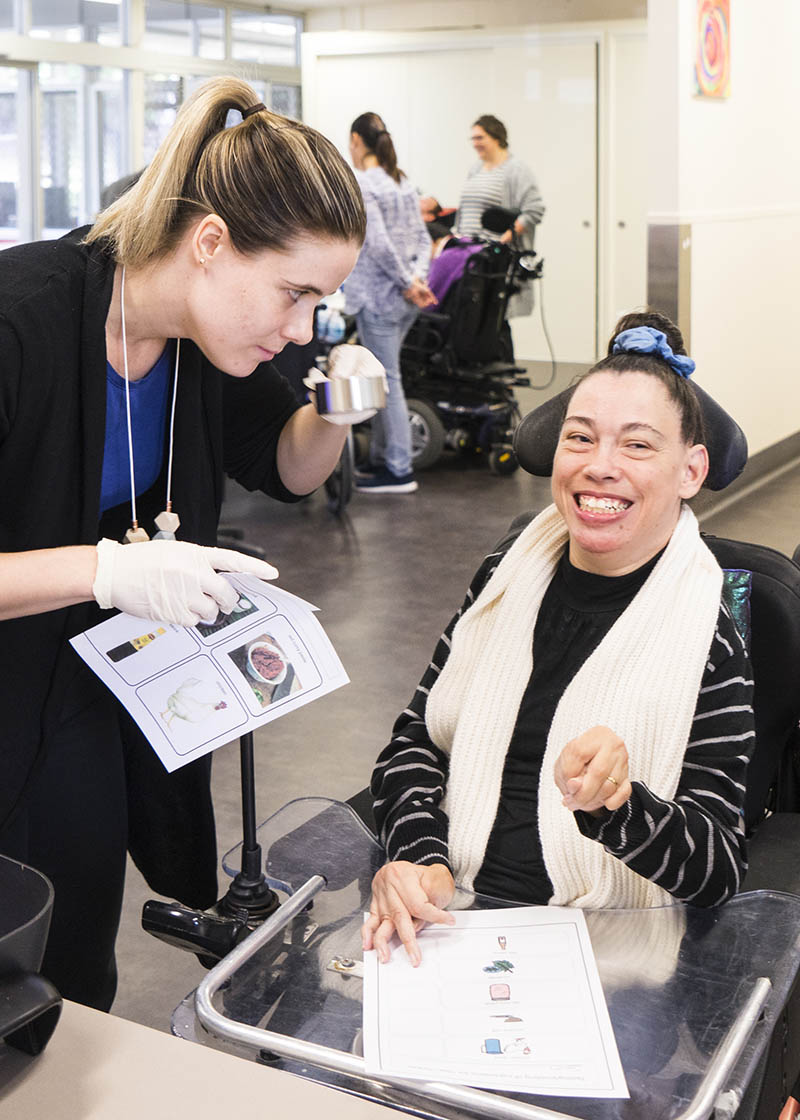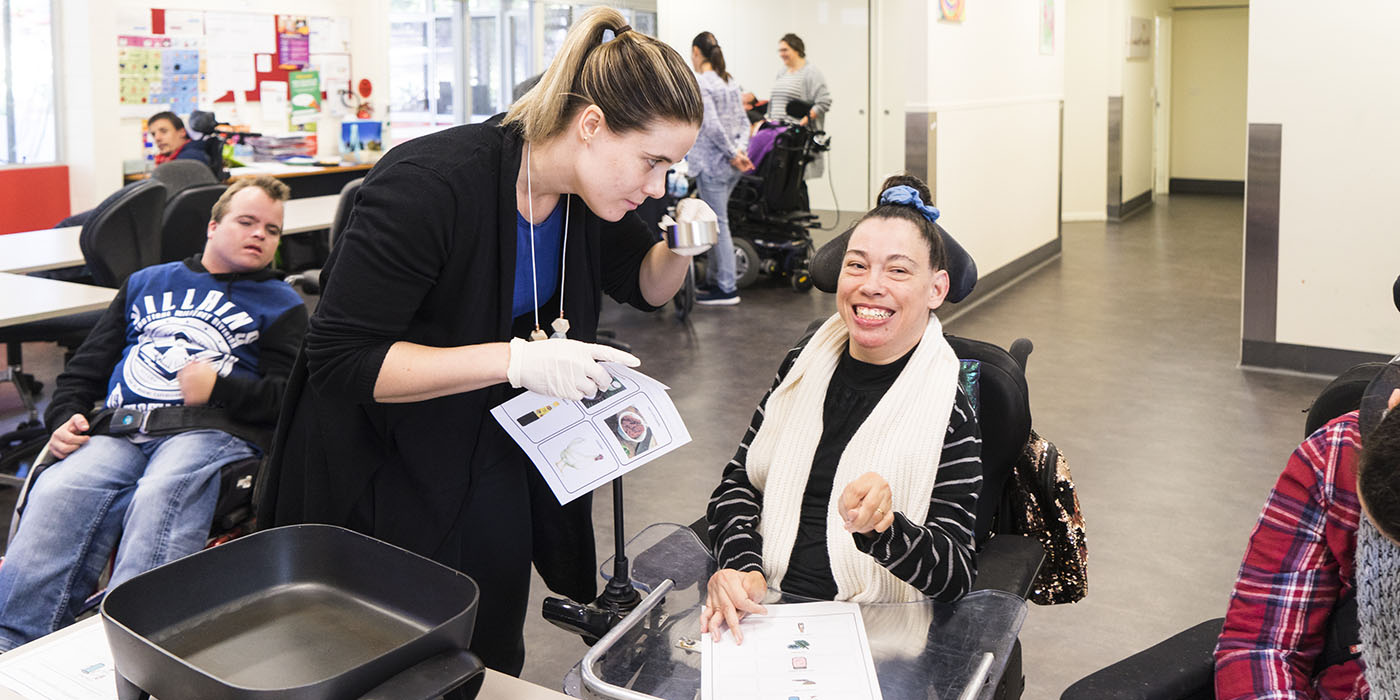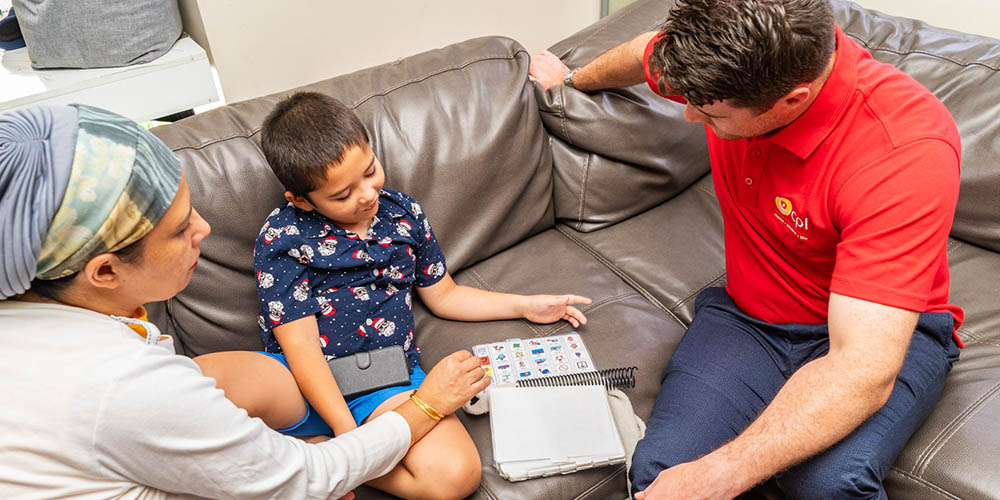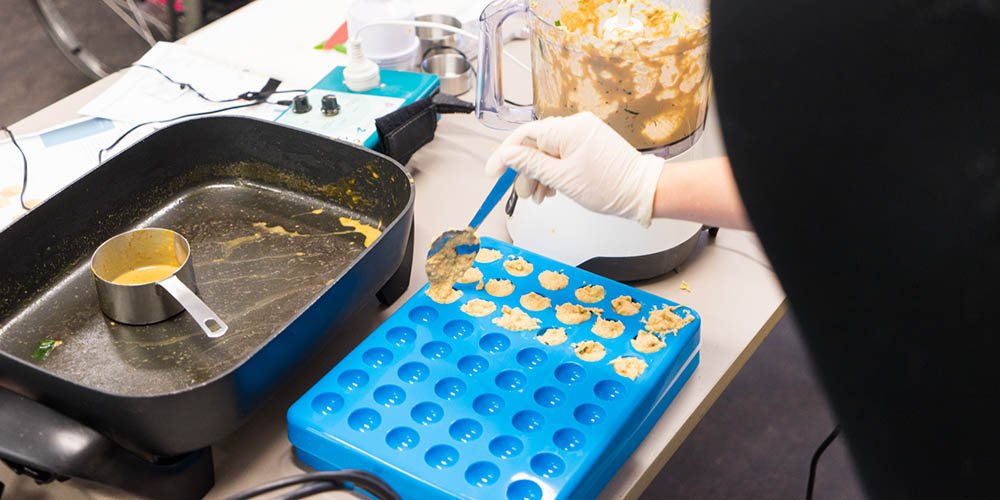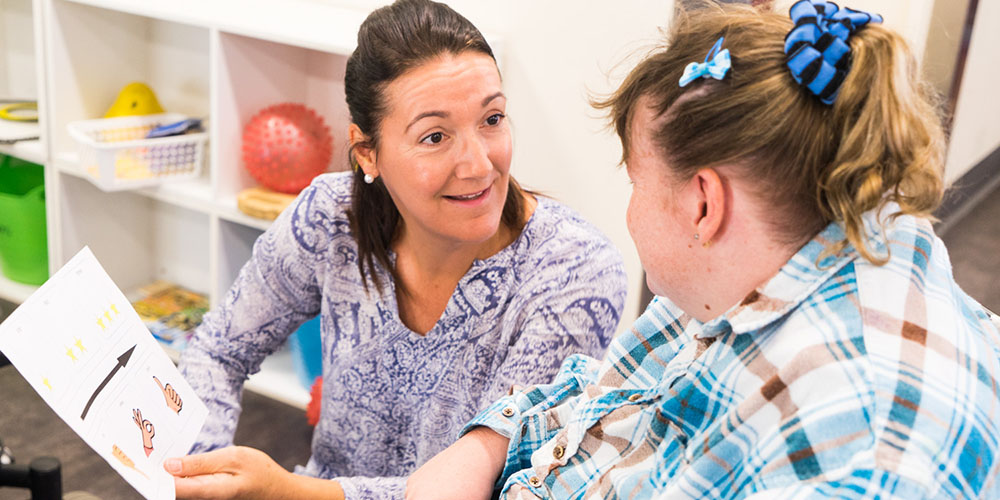Speech language pathologists (sometimes called speech therapists) are allied health professionals that work with people at any stage in life. Their role can vary vastly depending on the individual they work with and their particular needs. However, the roles can be summarised into the following categories: communication and swallowing.
When focused on communication, speech pathologists are trained to identify anything that can impact a person’s ability to independently, effectively and successfully communicate with others. They can identify areas of communication breakdown and provide strategies and solutions for conversation to be repaired.
Communication
The focus areas for communication are as follows:
- Speech: How we form words with our mouth
- Language: How we use words to communicate
- Fluency: The flow of our conversation (e.g., stuttering)
- Voice: The way we sound to others
- Augmentative and alternative communication (AAC): Any alternate mode of communication e.g., using a device to communicate or even sign language
Swallowing
When focused on swallowing, a speech pathologist would be able to provide strategies for safe swallowing, including:
- texture modification to diet (e.g., having pureed food)
- changing the thickness of fluids
- recommending a different environment for mealtimes
- recommending different safe positions for mealtimes
A speech pathologist would also work in a multidisciplinary team, for example: a speech pathologist could work with a dietician to ensure nutritional and hydration requirements are met, they could also work with an occupational therapist to ensure safe access to food using modified equipment, or they could also work with a physiotherapist to ensure safe positioning during mealtimes using positioning aids to ensure that the client is swallowing safely during mealtimes.
